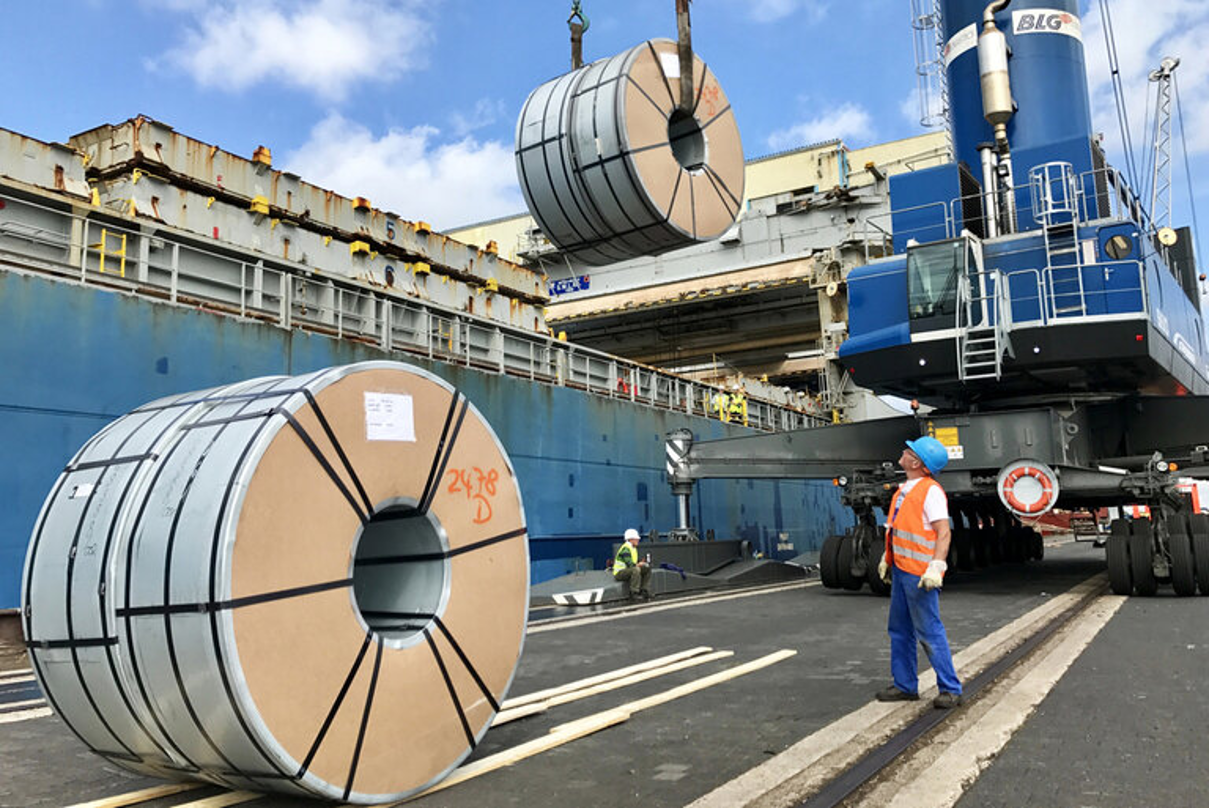Canada
March 2, 2025
Miller on Scrap: Trump tariffs on Canada, Mexico could supercharge March prices
Written by Stephen Miller
The US scrap market was already in an upward state of flux. And the trend has been amplified by the looming threat of President Trump’s blanket 25% tariffs all imports from Canada and Mexico.
The 25% tariffs – which could include scrap shipments from Canada and Mexico – are set to become effective on Tuesday, March 4.
It was not clear when this article posted on Sunday whether those tariffs would indeed go into effect or whether there might be another reprieve.
The Trump administration delayed 25% blanket tariffs on Canada and Mexico at the last minute in February.
Prices were already rising
If blanket tariffs that include ferrous scrap go into effect, it would have a dramatic impact on scrap prices in the US market. And it would come on top of already bullish projections for March.
March scrap prices appear to be averaging an increase of approximately $50 per gross ton over February. And that’s before the potential 25% tariffs are taken into account.
Canada and Northern states would be hardest hit
The main impact of tariffs on scrap prices would be felt in Northern states – and especially among those along the Canadian border. Many steelmakers in this area receive a substantial portion of their monthly scrap charge from Canadian processors.
Much of it is prime scrap used by hot-rolled (HR) coil producers. Also, there are several iron and steel foundries in the US that depend on scrap imported from Canada.
Here are some numbers for context: In 2024, Canada exported 2.18 million metric tons of ferrous scrap into the US, according to the USGS statistics. This averages approximately 180,000 tons per month.
Mexico and Texas would feel it too
Mexico exports only about 30,000 metric tons per month across the United States’ southern border. That said, most of those tons are prime industrial grades, which are crucial to EAF production of HR.
In Mexico, the price of ferrous scrap is usually less than prices in the US. It would therefore make little sense to impose tariffs on Mexican scrap.
Also, mills in Texas would experience a rise in scrap costs if they could not import from Mexico, where some have made significant investments and acquisitions over the last several years.
Where does it stop?
Finally, Trump’s blanket tariffs on goods from Canada and Mexico would affect far more industries than just steel and steelmaking raw materials. With so much still unknown, we only can speculate what the overall effect on the economies of all three nations might be.







